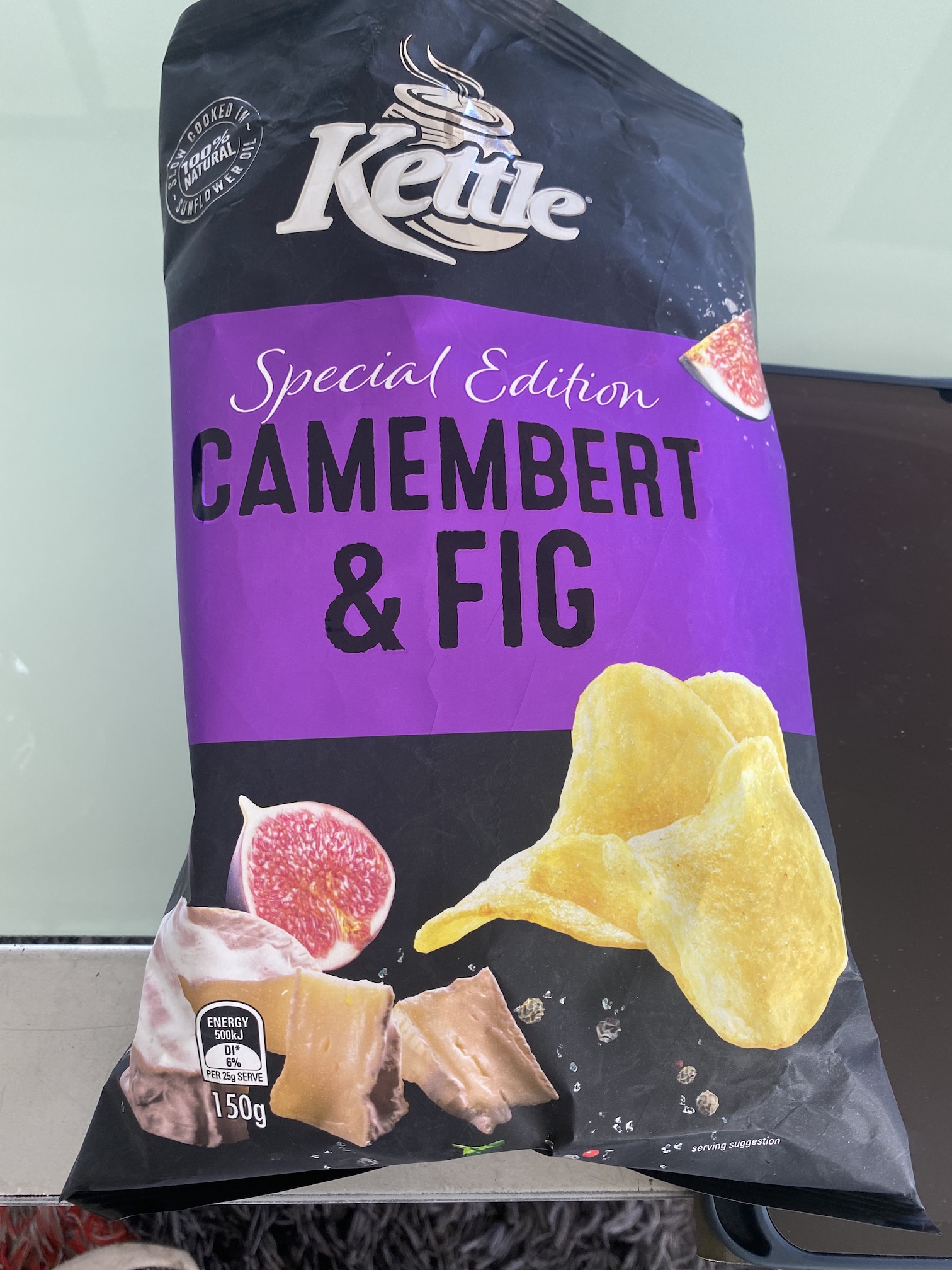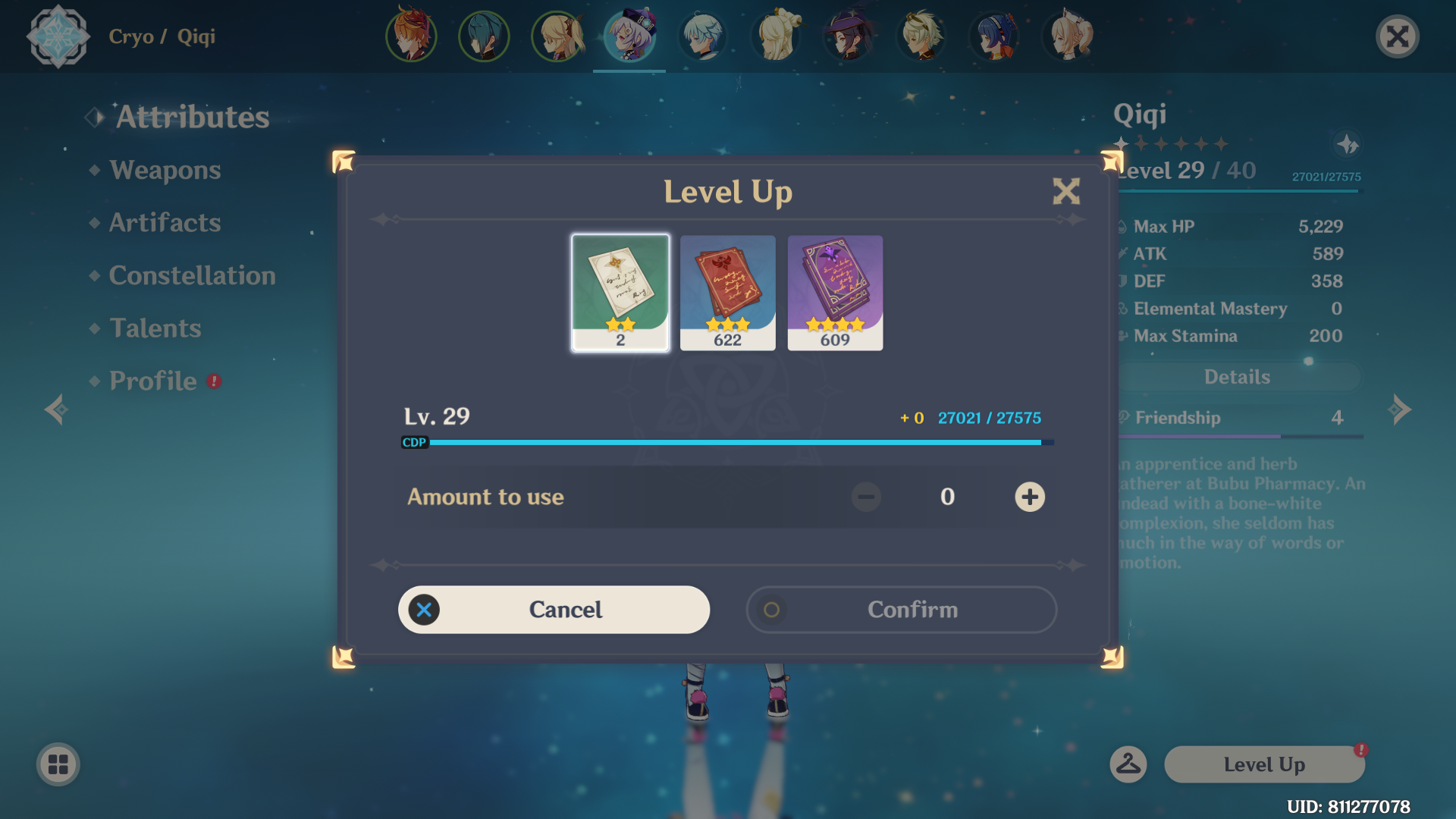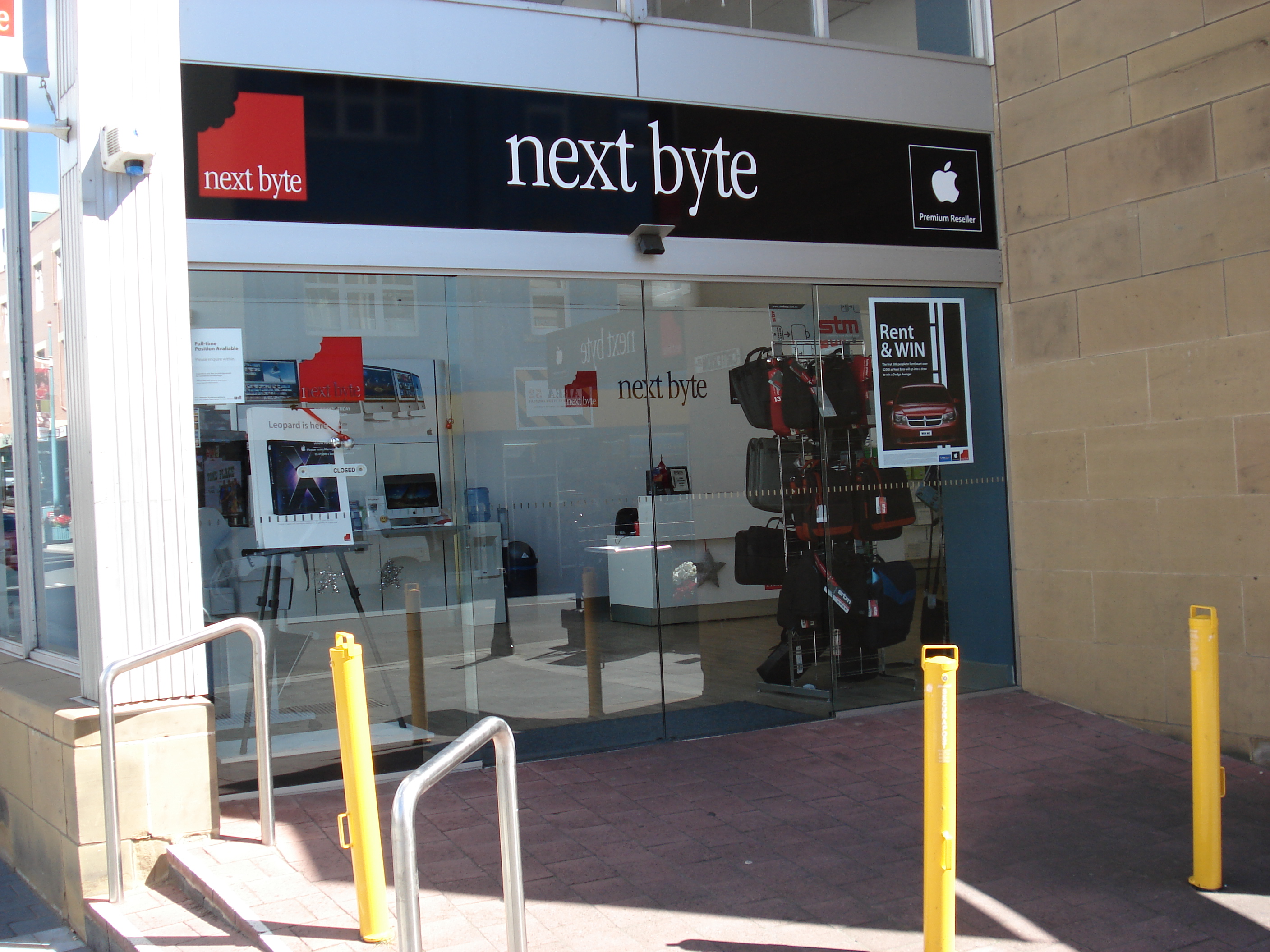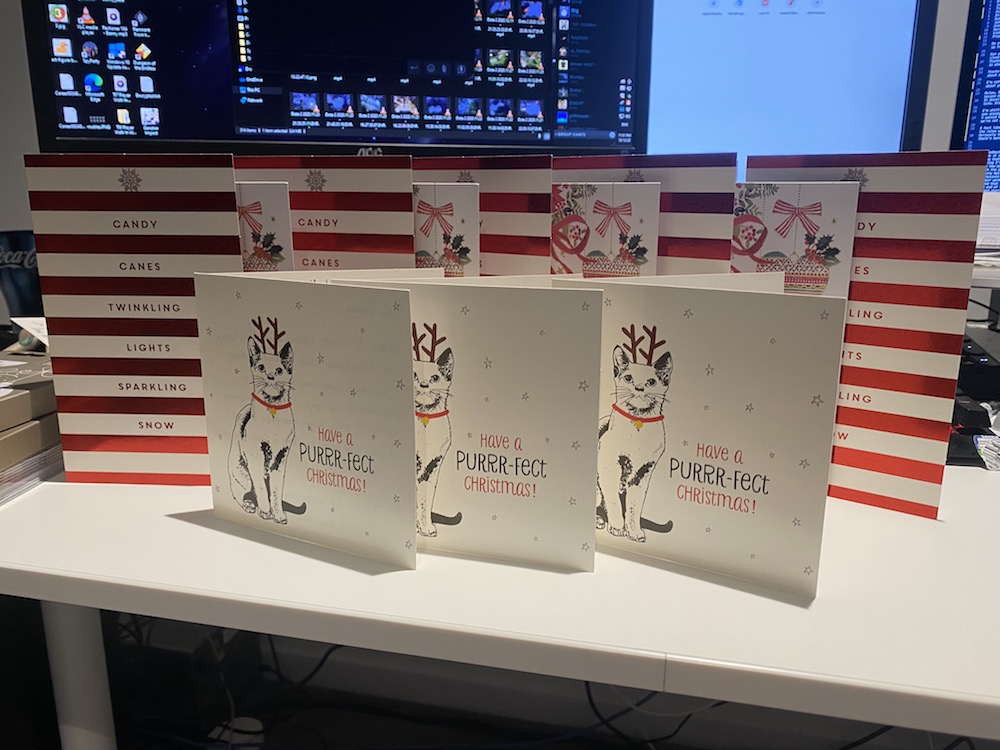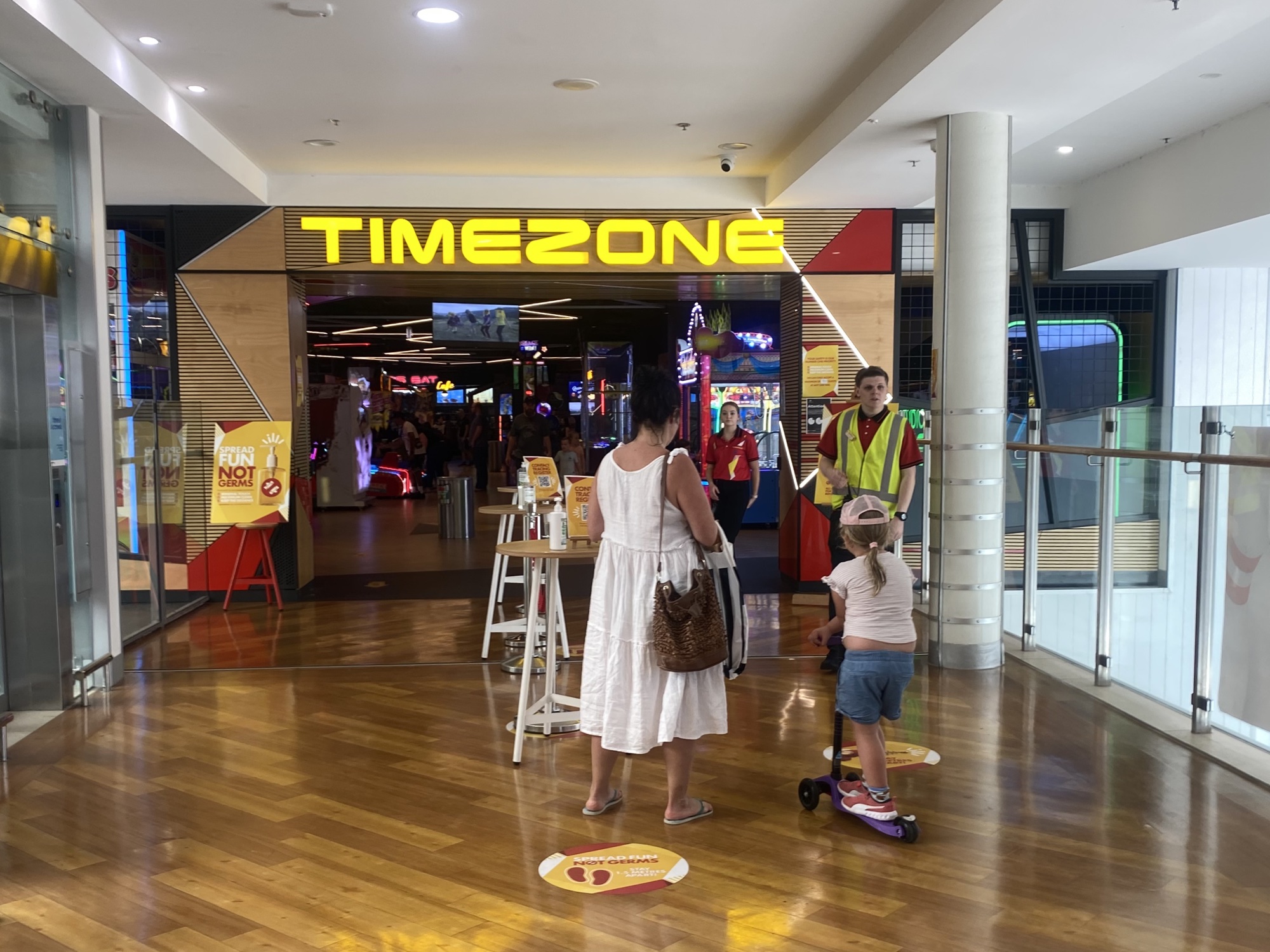
“The game isn’t working”, I said.
“Which one?”
“The zombie killer one”, I replied, gesturing vaguely in the direction of the not working zombie-killing amusement.
We’re at a Timezone — a real, honest-to-goodness Timezone — killing some time and zombies during our weekend on the Gold Coast. We chose the Gold Coast purely because it doesn’t require any real travel, but is still some distance away from our daily lives and our normal jobs in the hustle and bustle of Brisvegas. Old Man Rona has put a dent in all of our holiday plans, in one way or another, so we’re making the most of what we’ve got. Playing the cards we’ve been dealt, just not in the literal sense. Not this time around, anyway.
“What’s the problem with it?”
“The gun on the left-most side, you can’t aim it properly, it’s always at the bottom of the screen”.
I don’t know how much you know about Timezones, but they’re no longer the coin-operated arcades they once were. No, a Timezone in 2020 is now a slightly more modern affair. For starters, you can now purchase a contactless card — Timezone call them Powercards — that’s either good for unlimited plays of most games for a set period of time, or loaded with a set amount of real currency that you can then choose to spend on games as you please. All the arcades are fitted with pads that you can tap your Powercard against, as if you were using PayPass/PayWave, which then lets you play. The cool thing about them is that they also store any tickets you win from the games, which is good and bad. Good because it means you’re not trying to game the system and rip out an extra ticket here or there, but bad because it means you can’t walk around the arcade with your fat stacks of tickets and impress the ladies. Not that I ever did either of those things, of course. But I digress.
It might have seemed like I was doing the right thing by telling the staff at this particular Timezone about a faulty amusement, but truth be told I had ulterior motives for doing so. See, I had completely misplaced my Powercard just minutes earlier, after playing said faulty game. And while it was only worth about $15 or just over an hour of game time at that stage, it was my fervent hope that by doing the right thing and telling them about a game that wasn’t working as it should have been, they’d be able to help me find my lost game card, or give me a part-refund, or something, anything, to compensate me for my loss. Despite it being entirely my fault.
One good deed for another, as it were. Or at least, that’s what I hoped might happen.
“OK, we’ll check it out, thanks for letting us know. Do you have your card? I can refund you the game you played”.
“Er… no”, I said sheepishly. “I, uh, lost it, somehow. I put it down when I was playing the game, and when I was done, the card was gone”.
I wasn’t even sure how I lost my Powercard, to be honest. All I remember is swiping to play the zombie killing game, playing the game, discovering that the game wasn’t working. We finished the zombie-killing game. I looked longingly at Time Crisis 4, saw someone else playing it, then decided we’d come back to it to hopefully finish it, given we had unlimited plays, then went to find something else to play. That all happened within about 5 minutes, and it was at the next game (that I don’t remember the name of) that I realised I didn’t have my Powercard. I emptied out my pockets, retraced my steps, then retraced my steps and emptied my pockets again, but nothing. My Powercard was, just, gone.
Now at this point, I can’t fully explain what happened. Suffice to say, it was by sheer chance that the person talking to me about the game that wasn’t working, was the same person that served me an hour or so ago when I bought my Powercards in the first place. Chance also said they remembered that I had purchased two game passes on my credit card, and it was chance again that meant they knew that we could track down my missing Powercard by looking at the other card, which was still in the possession of my friend.
But chance wasn’t quite done yet. The only reason I had bought two Powercards on my credit card in the first place was because my friend had gone to the toilet as soon as we arrived at Timezone, giving me his credit card to buy his Powercard with. But when it was my turn to be served, I asked for two Powercards, not one. Me being the person that I am, ever loathe to ask if I can pay for things separately so as not to inconvenience someone else, paid for both on my own credit card, hoping that my friend would be able to pay me back in due course.
That, it turned out, could very well have been my saving grace in this instance. Could they have looked up where my Powercard had been used if I hadn’t bought two? Maybe, maybe not. I can’t say for sure. What I can tell you is that it was probably easier to look up a transaction where two separate cards were purchased in a single transaction, than it is to look up transactions where only a single card has been.
I sent a few hurried messages off to my friend, who wasn’t with me at the time, asking if I could borrow his Powercard while they looked up the other card that was linked to it. At that point, I wasn’t sure if they were going to tell me the last game that had been played on it, so we could spring on the perpetrator of the card-stealing crime while they were in the middle of killing some zombies or whatever, but unfortunately, what actually happened was much more mundane than that. The attendant re-issued my card, complete with the refunded game.
With the faulty game reported, my Powercard re-issued, and the natural order of things restored to the Timezone, only one question remained. Would they have been so helpful had I, in good faith, not reported a problem with one of the amusements before telling them about my lost game pass? My friend was against telling them about the broken game being an issue, saying it wasn’t his problem to deal with. I disagreed, saying that we should have told them about the broken game, because not only would I want to know about a broken amusement had the roles been reversed and I was the Timezone employee that day, but because it was the right thing to do.
Ultimately, I think it’s hard to know. People losing their Powercards can’t be uncommon, especially in an environment with kids that maybe aren’t so thoughtful, and parents that have too many kids and too many Powercards to keep track of. Perhaps re-issuing is standard procedure. Telling them about a faulty amusement might have helped, certainly. But at the end of the day, I wasn’t expecting to be compensated for losing my Powercard, something that was entirely my fault. Sure, I hoped for it. But I never expected anything.
Maybe one good deed really does beget another, after all.
While I usually only use the “stories from the road” title prefix when I’m travelling and/or posting away from home, no one has been travelling this year, so I figured that any trip was reason enough.
